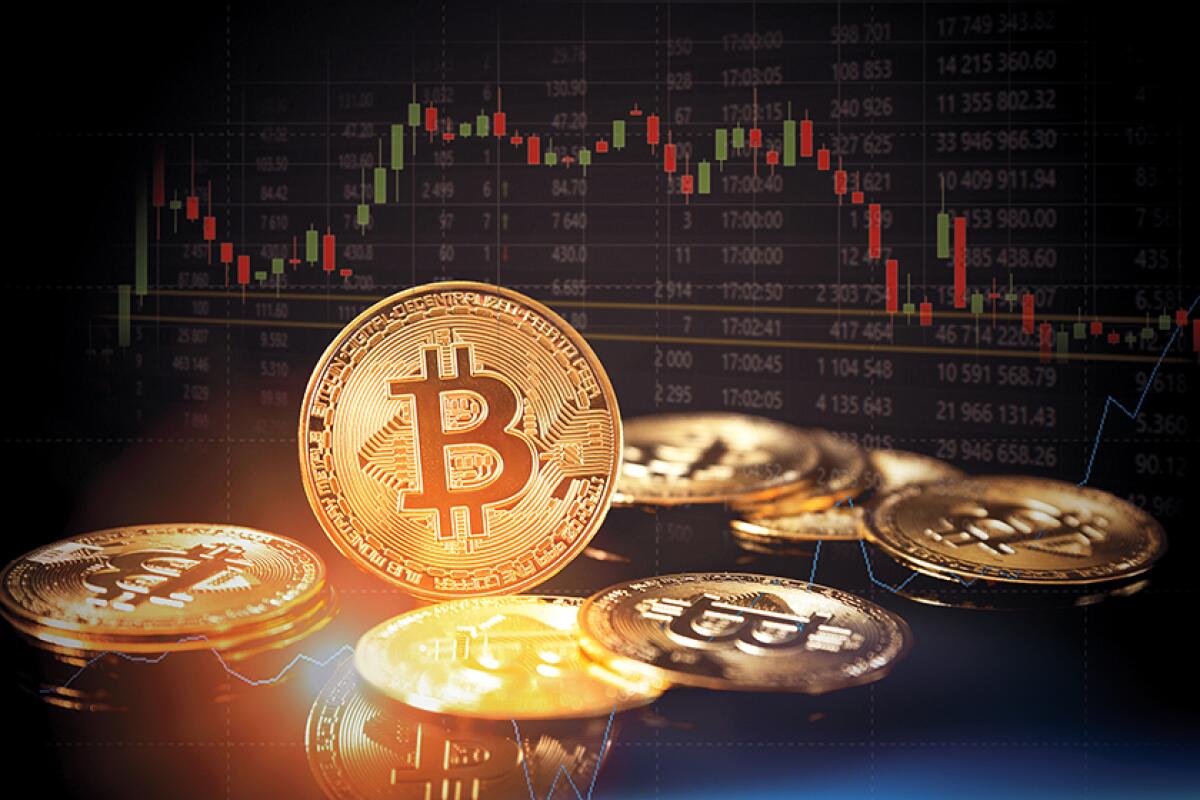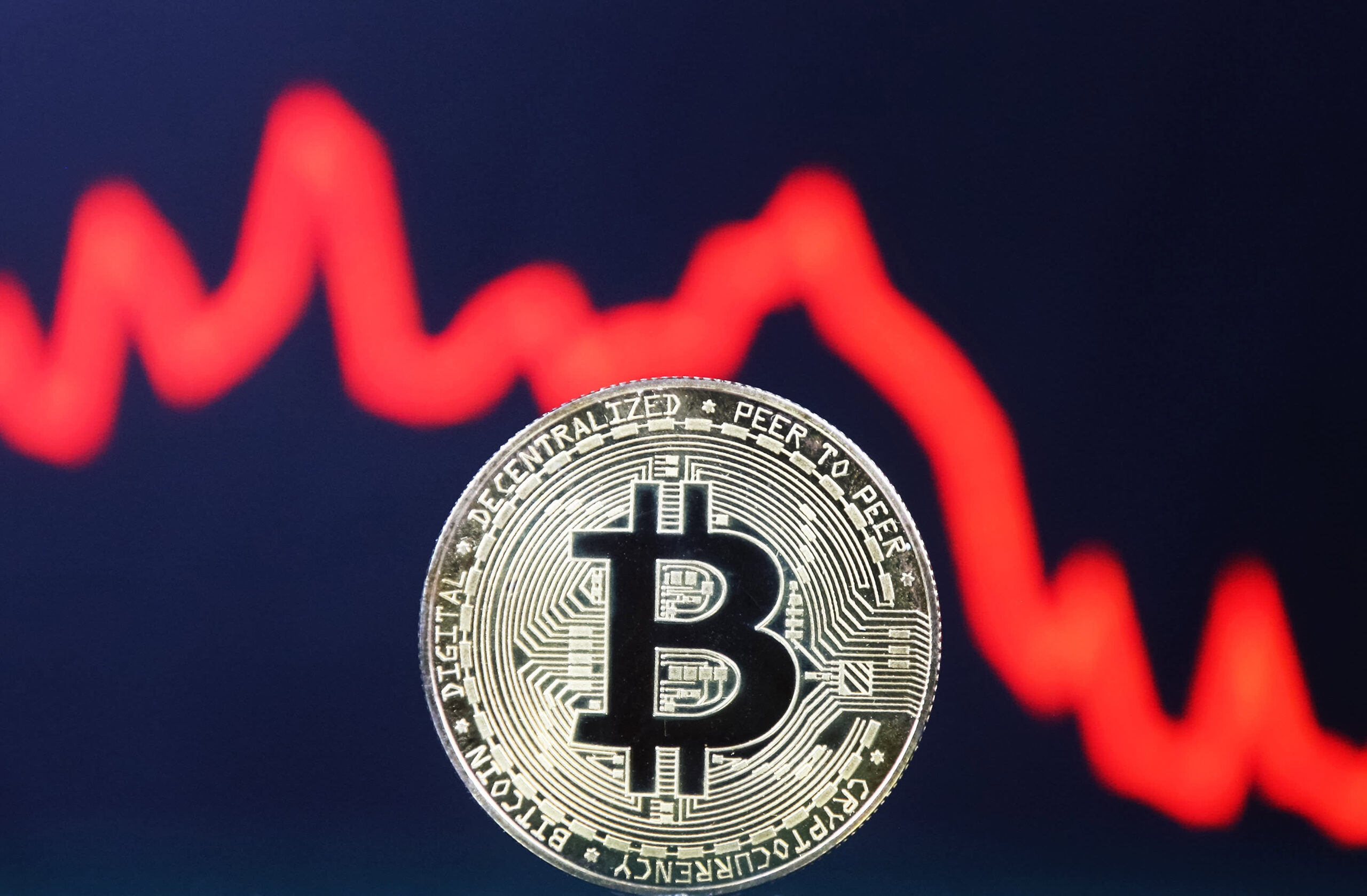Bitcoin’s recent price drop comes as a surprise to many who believed it would follow gold’s upward trajectory in the face of geopolitical turmoil. Historically, gold has been the go-to asset in times of crisis, with investors flocking to its perceived safety and stability. However, Bitcoin’s performance during this Middle Eastern crisis challenges this narrative.
Bitcoin, the world’s leading cryptocurrency, experienced a sharp decline, falling to $61,000, while gold, a traditional safe-haven asset, surged amidst escalating tensions in the Middle East. This divergence in price action highlights a critical juncture in the evolving relationship between digital assets and geopolitical risk.
This market event unfolded in the first week of October 2024, as news broke of escalating conflict in the Middle East.
The impact of this price divergence is global, affecting cryptocurrency investors, gold traders, and financial markets worldwide.
Key players include Bitcoin investors, gold traders, and institutional investors seeking safe havens during times of geopolitical uncertainty.
The contrasting movements of Bitcoin and gold raise questions about Bitcoin’s role as a “digital gold” and a safe-haven asset. While some investors view Bitcoin as a hedge against inflation and geopolitical instability, others are turning to traditional safe havens like gold during times of heightened global uncertainty.
Several factors contribute to Bitcoin’s decline:
- Risk aversion: As tensions rise, investors often become risk-averse, seeking to preserve capital in traditional safe havens. This flight to safety can lead to selling pressure on riskier assets like Bitcoin.
- Uncertainty: The unpredictable nature of geopolitical events can create significant uncertainty in the market, making investors hesitant to hold volatile assets like Bitcoin.
- Liquidity concerns: During times of crisis, liquidity can become a concern. Investors may sell Bitcoin to raise cash for other needs or to rebalance their portfolios.
Gold’s Resurgence: A Safe Haven in Uncertain Times
In contrast to Bitcoin, gold has experienced a surge in demand. This is consistent with its historical role as a safe-haven asset. Factors contributing to gold’s rise include:
- Inflation hedge: Gold is often seen as a hedge against inflation, which can be exacerbated by geopolitical instability and supply chain disruptions.
- Safe haven appeal: Gold’s long-standing reputation as a safe haven makes it an attractive investment during times of global uncertainty.
- Limited supply: Gold’s finite supply reinforces its value proposition, especially during times of economic and political turmoil.
Bitcoin vs. Gold: A Shifting Paradigm
This recent market event raises important questions about the evolving relationship between Bitcoin and gold. While Bitcoin has often been touted as “digital gold,” its performance during this crisis suggests that it may not yet be a true substitute for the traditional safe-haven asset.
My Perspective:
As someone who closely follows both the cryptocurrency and precious metals markets, I find this divergence fascinating. I’ve always been intrigued by Bitcoin’s potential to disrupt traditional finance, but this event highlights the fact that it’s still a relatively young asset with much to prove. While Bitcoin has demonstrated its resilience in the past, it’s clear that it’s not immune to global events.
Key Takeaways:
- Geopolitical events can significantly impact financial markets, including cryptocurrencies.
- Bitcoin’s performance during this crisis challenges its status as a safe-haven asset.
- Gold’s resurgence reinforces its historical role as a safe haven during times of uncertainty.
- The relationship between Bitcoin and gold is complex and evolving.
Looking Ahead:
It remains to be seen how the situation in the Middle East will unfold and how it will continue to impact Bitcoin and gold. However, this event serves as a reminder that cryptocurrencies are still a nascent asset class and their long-term role in the global financial system is yet to be fully defined.
Delving Deeper into the Dynamics
To understand the complexities at play, it’s crucial to examine the underlying factors influencing both Bitcoin and gold.
Bitcoin’s Volatility and Institutional Adoption:
Bitcoin’s price is notoriously volatile, susceptible to swings based on news, sentiment, and regulatory developments. While institutional adoption has increased in recent years, it’s still relatively low compared to traditional assets. This lack of mainstream acceptance can contribute to its volatility during times of uncertainty.
Gold’s Historical Significance and Central Bank Reserves:
Gold, on the other hand, has a centuries-long history as a store of value. It’s held by central banks around the world as part of their reserves, reinforcing its perceived safety and stability. This institutional backing provides a level of confidence that Bitcoin has yet to achieve.
The Role of Macroeconomic Factors:
Beyond geopolitical tensions, macroeconomic factors like inflation, interest rates, and economic growth also play a role in the performance of both Bitcoin and gold. A complex interplay of these factors can influence investor sentiment and drive demand for both assets.
The Impact of Regulatory Uncertainty:
The regulatory landscape for cryptocurrencies remains uncertain in many parts of the world. This lack of clarity can create hesitancy among investors, especially during times of global instability when regulatory risks may be perceived as heightened.
The Psychological Factor:
Investor psychology plays a crucial role in market dynamics. Fear and uncertainty can drive investors towards traditional safe havens like gold, while optimism and a belief in Bitcoin’s long-term potential can attract investors to the cryptocurrency.
My Experience with Market Volatility:
I’ve been investing in both cryptocurrencies and precious metals for several years now. I’ve experienced firsthand the volatility of these markets and the emotional rollercoaster that comes with it. This recent event reinforces the importance of diversification and having a well-defined investment strategy.
The Future of Bitcoin and Gold:
While the current divergence between Bitcoin and gold is noteworthy, it’s important to remember that both assets have the potential to play a role in a diversified portfolio. Bitcoin’s innovative technology and decentralized nature offer unique advantages, while gold’s historical significance and safe-haven appeal remain relevant.
The future of both assets will likely be shaped by a combination of factors, including:
- Geopolitical developments: Ongoing conflicts and tensions will continue to influence investor sentiment.
- Macroeconomic conditions: Inflation, interest rates, and economic growth will impact demand for both assets.
- Technological advancements: Innovations in the cryptocurrency space could enhance Bitcoin’s utility and adoption.
- Regulatory clarity: Clear and consistent regulations could boost investor confidence in cryptocurrencies.
The recent divergence between Bitcoin and gold highlights the complexities of the financial markets and the evolving relationship between digital assets and traditional safe havens. While Bitcoin’s decline during this period of geopolitical uncertainty raises questions about its role as “digital gold,” it’s crucial to remember that it’s still a relatively young asset with significant potential. Gold, on the other hand, has reaffirmed its historical role as a safe haven during times of crisis.
Ultimately, the future of both Bitcoin and gold will depend on a multitude of factors. Investors should carefully consider their investment objectives and risk tolerance before allocating capital to either asset.





